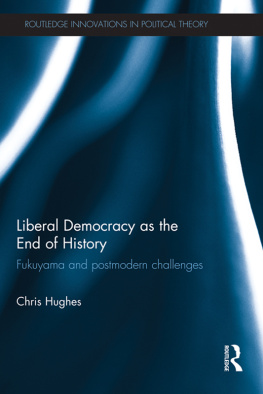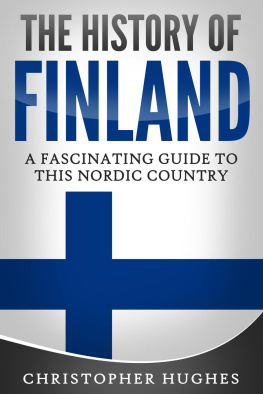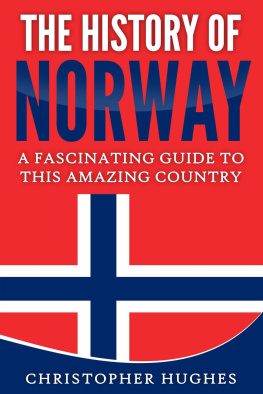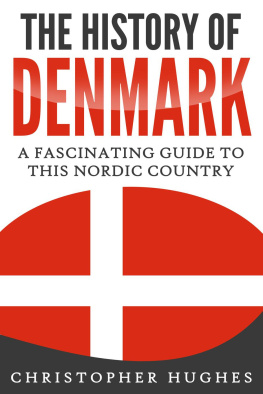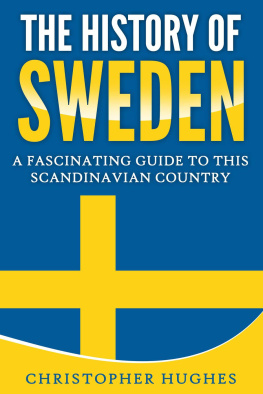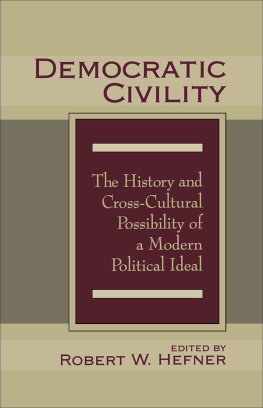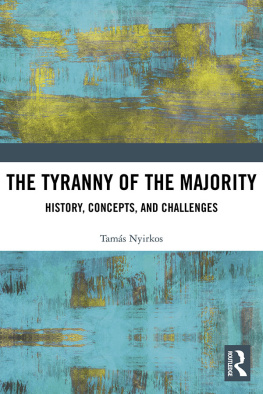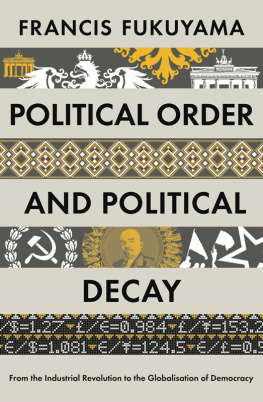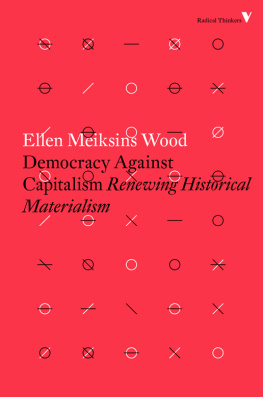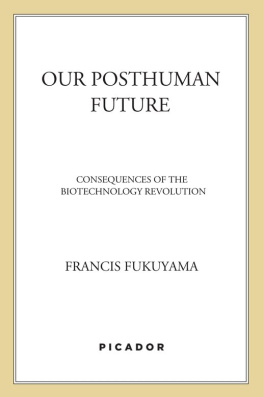Liberal Democracy as the End of History
Francis Fukuyama claims that liberal democracy is the end of history. This book provides a theoretical re-examination of this claim through postmodernist ideas.
The book argues that postmodern ideas provide a valuable critique to Fukuyamas thesis, and poses the questions: can we talk about a universal and teleological history; a universal human nature; or an autonomous individual? It addresses whether postmodern theories concerning the movement of time, what it means to be human, and what it means to be an individual/subject can be accommodated within a theory of a history that ends in liberal democracy.
The author argues that incorporating elements of postmodern thought into Fukuyamas theory makes it possible to produce a stronger and more compelling account of the theory that liberal democracy is the end of history. The result of this is to underpin Fukuyamas theory with a more complex understanding of the movement of time, the human and the individual, and to show that postmodern concepts can, paradoxically, be used to strengthen Fukuyamas theory that the end of history is liberal democracy. The book will be of interest to students and scholars of political theory, postmodernism and the work of Francis Fukuyama.
Chris Hughes currently teaches at the University of Liverpool and the University of Manchester, UK.
Routledge Innovations in Political Theory
1 A Radical Green Political Theory
Alan Carter
2 Rational Woman
A feminist critique of dualism
Raia Prokhovnik
3 Rethinking State Theory
Mark J. Smith
4 Gramsci and Contemporary Politics
Beyond pessimism of the intellect
Anne Showstack Sassoon
5 Post-Ecologist Politics
Social theory and the abdication of the ecologist paradigm
Ingolfur Blhdorn
6 Ecological Relations
Susan Board
7 The Political Theory of Global Citizenship
April Carter
8 Democracy and National Pluralism
Edited by Ferran Requejo
9 Civil Society and Democratic Theory
Alternative voices
Gideon Baker
10 Ethics and Politics in Contemporary Theory
Between critical theory and post-marxism
Mark Devenney
11 Citizenship and Identity
Towards a new republic
John Schwarzmantel
12 Multiculturalism, Identity and Rights
Edited by Bruce Haddock and Peter Sutch
13 Political Theory of Global Justice
A cosmopolitan case for the World State
Luis Cabrera
14 Democracy, Nationalism and Multiculturalism
Edited by Ramn Maiz and Ferrn Requejo
15 Political Reconciliation
Andrew Schaap
16 National Cultural Autonomy and Its Contemporary Critics
Edited by Ephraim Nimni
17 Power and Politics in Poststructuralist Thought
New theories of the political
Saul Newman
18 Capabilities Equality
Basic issues and problems
Edited by Alexander Kaufman
19 Morality and Nationalism
Catherine Frost
20 Principles and Political Order
The challenge of diversity
Edited by Bruce Haddock, Peri Roberts and Peter Sutch
21 European Integration and the Nationalities Question
Edited by John McGarry and Michael Keating
22 Deliberation, Social Choice and Absolutist Democracy
David van Mill
23 Sexual Justice/Cultural Justice
Critical perspectives in political theory and practice
Edited by Barbara Arneil, Monique Deveaux, Rita Dhamoon andAvigail Eisenberg
24 The International Political Thought of Carl Schmitt
Terror, liberal war and the crisis of global order
Edited by Louiza Odysseos and Fabio Petito
25 In Defense of Human Rights
A non-religious grounding in a pluralistic world
Ari Kohen
26 Logics of Critical Explanation in Social and Political Theory
Jason Glynos and David Howarth
27 Political Constructivism
Peri Roberts
28 The New Politics of Masculinity
Men, power and resistance
Fidelma Ashe
29 Citizens and the State
Attitudes in Western Europe and East and Southeast Asia
Takashi Inoguchi and Jean Blondel
30 Political Language and Metaphor
Interpreting and changing the world
Edited by Terrell Carver and Jernej Pikalo
31 Political Pluralism and the State
Beyond sovereignty
Marcel Wissenburg
32 Political Evil in a Global Age
Hannah Arendt and international theory
Patrick Hayden
33 Gramsci and Global Politics
Hegemony and resistance
Mark McNally and John Schwarzmantel
34 Democracy and Pluralism
The political thought of William E. Connolly
Edited by Alan Finlayson
35 Multiculturalism and Moral Conflict
Edited by Maria Dimova-Cookson and Peter Stirk
36 John Stuart Mill Thought and Influence
The saint of rationalism
Edited by Georgios Varouxakis and Paul Kelly
37 Rethinking Gramsci
Edited by Marcus E. Green
38 Autonomy and Identity
The politics of who we are
Ros Hague
39 Dialectics and Contemporary Politics
Critique and transformation from Hegel through post-Marxism
John Grant
40 Liberal Democracy as the End of History
Fukuyama and postmodern challenges
Chris Hughes
This edition published 2012
by Routledge
2 Park Square, Milton Park, Abingdon, Oxon OX14 4RN
Simultaneously published in the USA and Canada
by Routledge
711 Third Avenue, New York, NY 10017
Routledge is an imprint of the Taylor & Francis Group, an informa business
2012 Chris Hughes
The right of Chris Hughes to be identified as author of this work has been asserted by him in accordance with sections 77 and 78 of the Copyright, Designs and Patents Act 1988.
All rights reserved. No part of this book may be reprinted or reproduced or utilised in any form or by any electronic, mechanical, or other means, now known or hereafter invented, including photocopying and recording, or in any information storage or retrieval system, without permission in writing from the publishers.
British Library Cataloguing in Publication Data
A catalogue record for this book is available from the British Library
Library of Congress Cataloging-in-Publication Data
A catalog record for this book has been requested
Hughes, Chris (Christopher)
Liberal democracy as the end of history: Fukuyama and postmodern challenges / Chris Hughes.
p. cm. (Routledge innovations in political theory; 39)
Includes bibliographical references and index.
1. DemocracyPhilosophy. 2. Liberalism. 3. Postmodernism. 4. Fukuyama, Francis. End of history. 5. HistoryPhilosophy. I. Title.
JC423.H835 2011
321.8dc22
2011014160
ISBN: 9780415669054 (hbk)
ISBN: 9780203802175 (ebk)

